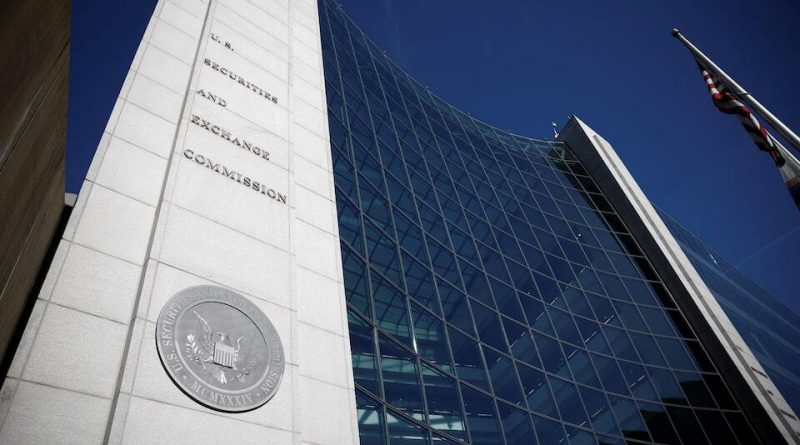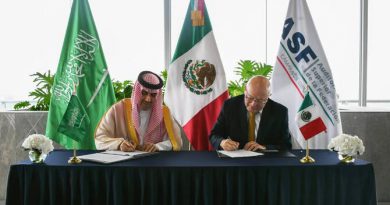SEC clears Dimensional Fund Advisors to launch ETF share class for mutual funds
The U.S. Securities and Exchange Commission has approved Dimensional Fund Advisors’ plan to introduce ETF share classes on 13 mutual funds, marking a major shift in the investment landscape and opening the door for similar applications across the asset-management industry.
The U.S. Securities and Exchange Commission has approved Dimensional Fund Advisors’ request to introduce an ETF share class attached to 13 of its existing mutual funds.
The decision marks a significant shift in the asset-management landscape, allowing DFA to enter a space that has remained largely unchanged for more than twenty years.
The regulator’s notice, released late Monday, removes the final obstacle for DFA as it seeks to expand its product lineup through the ETF structure.
This approval also sets the stage for similar applications by other firms now waiting for the same regulatory green light.
The model draws attention because it mirrors a framework long used by Vanguard, which held the only ETF share class patent in the U.S. until its expiry in 2023.
With that patent no longer in place, asset managers have moved quickly to explore the advantages of linking mutual funds and ETFs under a shared structure.
DFA filed its application soon after the patent lapse, with the SEC offering preliminary support in September.
The firm proposed ETF share classes for 13 mutual funds, though insiders suggest the full rollout may be gradual rather than immediate.
The first launches are expected no earlier than 2026, indicating a measured approach to implementation.
This timeline highlights the complexities involved in operational planning, marketing, and investor education across both fund structures.
Industry voices say the move could reshape how investors think about accessing long-held mutual fund strategies.
They argue that adding ETF share classes may deliver cost efficiencies, reduced tax burdens, and simplified portfolio construction.
Eric Pan, president of the Investment Company Institute, welcomed the step as one that could offer “meaningful benefits to mutual fund shareholders.”
He emphasized that a dual-structure approach may help unify distribution systems and reduce administrative overhead for providers.
Supporters of the model also point to the explosive growth of the ETF market, which continues to outpace traditional mutual funds in inflows.
By expanding ETF accessibility, issuers hope to retain investors who prefer the liquidity and flexibility of exchange-traded products.
Gerard O’Reilly, co-CEO and co-CIO of DFA, said the development empowers investors to choose strategies based on long-term goals rather than structural limitations.
He noted that offering different wrappers around the same strategy improves investor autonomy and increases competitive choice.
The SEC’s approval represents more than an operational milestone.
It signals a broader regulatory openness toward innovations designed to modernize the fund ecosystem.
For other asset managers, this ruling may function as a blueprint for future filings. Dozens of firms have already sought permission to replicate the ETF-mutual-fund share class structure, anticipating increased market competition.
Despite the momentum, analysts say adoption will depend on each firm’s ability to balance costs, tax considerations, and operational complexity.
Even with advantages, navigating the dual-share-class environment requires strong backend systems and transparent investor communication.
Still, the decision is widely viewed as a turning point for an industry adapting to new expectations around accessibility and efficiency.
As the ETF market expands globally, hybrid models like these may shape the next generation of fund offerings.
For investors, the approval offers the potential for broader access to strategies once limited to mutual fund formats.
The evolving landscape may bring more choice, more flexibility, and a wider range of low-cost options across asset classes.
As the financial industry continues to shift toward innovation and investor-centric design, DFA’s new ability to launch ETF share classes marks a milestone moment. The market will be watching closely as the first products approach their expected rollout in early 2026.



